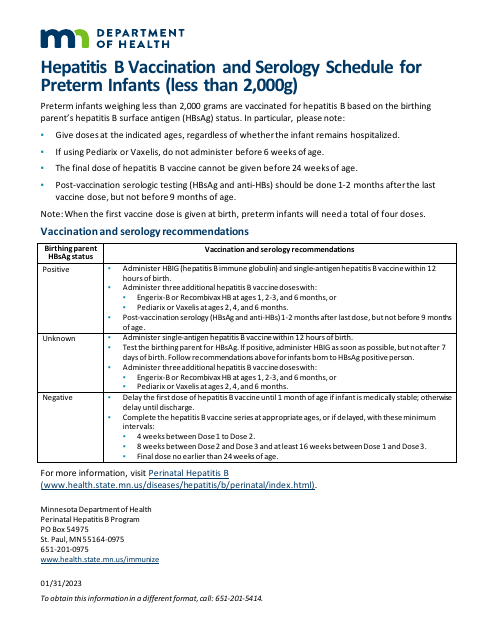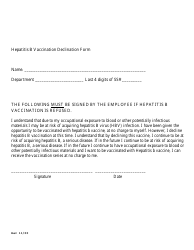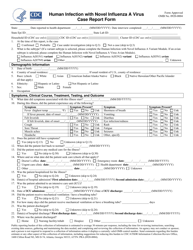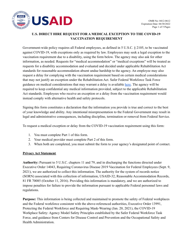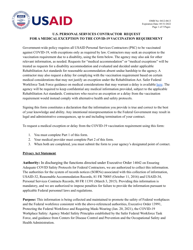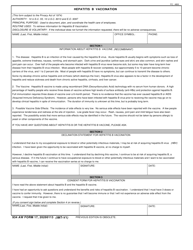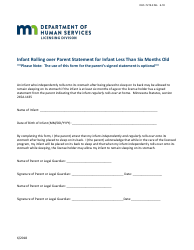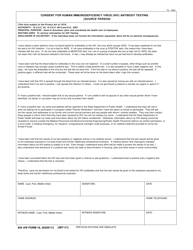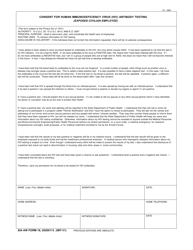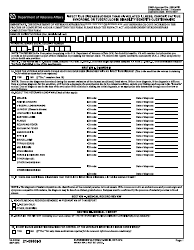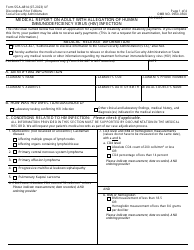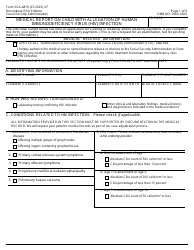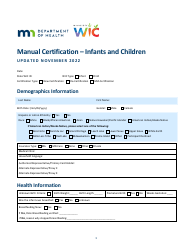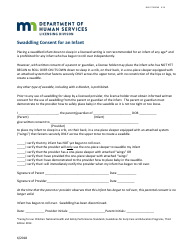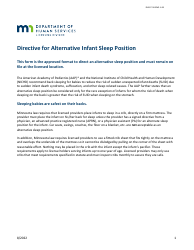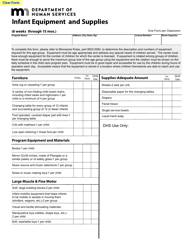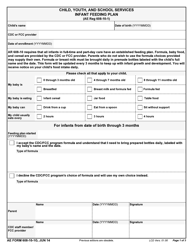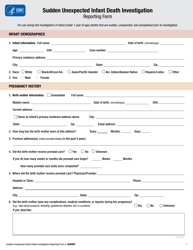Hepatitis B Vaccination and Serology Schedule for Preterm Infants (Less Than 2,000g) - Minnesota
The Hepatitis B Vaccination and Serology Schedule for Preterm Infants (Less Than 2,000g) - Minnesota is a guideline put forth by the Minnesota Department of Health. This schedule indicates the timing and dosage of hepatitis B vaccinations that are meant to be administered to preterm infants who weigh less than 2,000 grams at birth. Such infants are at a higher risk for infection due to the immaturity of their immune system. Therefore, this vaccination schedule is designed to protect them from Hepatitis B, a serious liver infection caused by the Hepatitis B virus. The serology aspect of the schedule refers to the testing of blood serum to confirm the successful immunization of the infant against the disease.
The Hepatitis B Vaccination and Serology Schedule for Preterm Infants (Less Than 2,000g) in Minnesota would typically be filed and maintained by the Minnesota Department of Health or the healthcare provider that administered the vaccine. The health department ensures that all vaccination schedules are followed, and records are kept for public health purposes. However, it's always best to contact the Minnesota Department of Health to get the most accurate information related to specific documentation.
FAQ
Q: What is the Hepatitis B Vaccination and Serology Schedule for Preterm Infants in Minnesota?
A: The Hepatitis B vaccination schedule for preterm infants (less than 2000g) in Minnesota starts immediately after birth. The second dose is typically given at 1-2 months, and the third and final dose is given at 6 months. Serology testing is then typically performed at 9-18 months.
Q: Why is the vaccine given to preterm infants?
A: The Hepatitis B vaccine is given to preterm infants to protect them from Hepatitis B, a serious liver infection. Infants have a greater risk of developing chronic Hepatitis B if infected, so it is important to provide protection early.
Q: Are there any side effects to the Hepatitis B vaccine in preterm infants?
A: Side effects to the Hepatitis B vaccine are rare, especially in preterm infants. Possible side effects can include fever and soreness at the injection site.
Q: When is the Hepatitis B serology testing performed?
A: In Minnesota, Hepatitis B serology testing for preterm infants is typically performed at 9 to 18 months after the first dose of the vaccine.
Q: What does the serology test do?
A: A serology test checks for antibodies in the blood. In the case of Hepatitis B, it is used to determine whether the vaccination has effectively protected the infant from the virus.
Q: Is the Hepatitis B vaccination schedule the same in all states in the United States?
A: The basic Hepatitis B vaccination schedule (first dose at birth, second at 1-2 months, third at 6 months) is followed in most U.S. states, but there could be slight variations depending on the individual healthcare provider's discretion.
